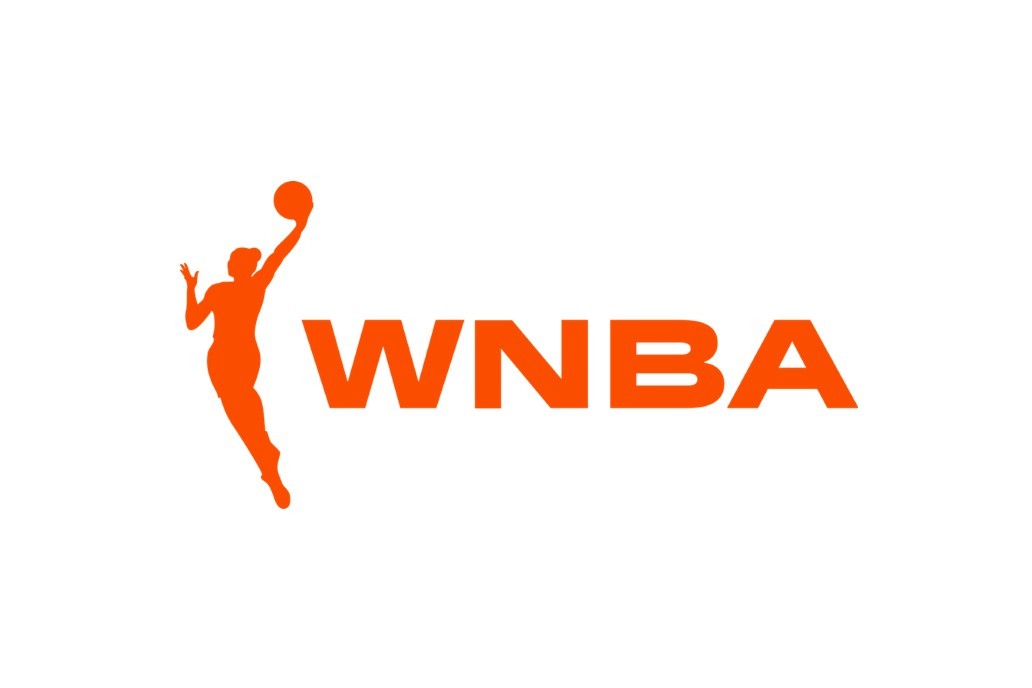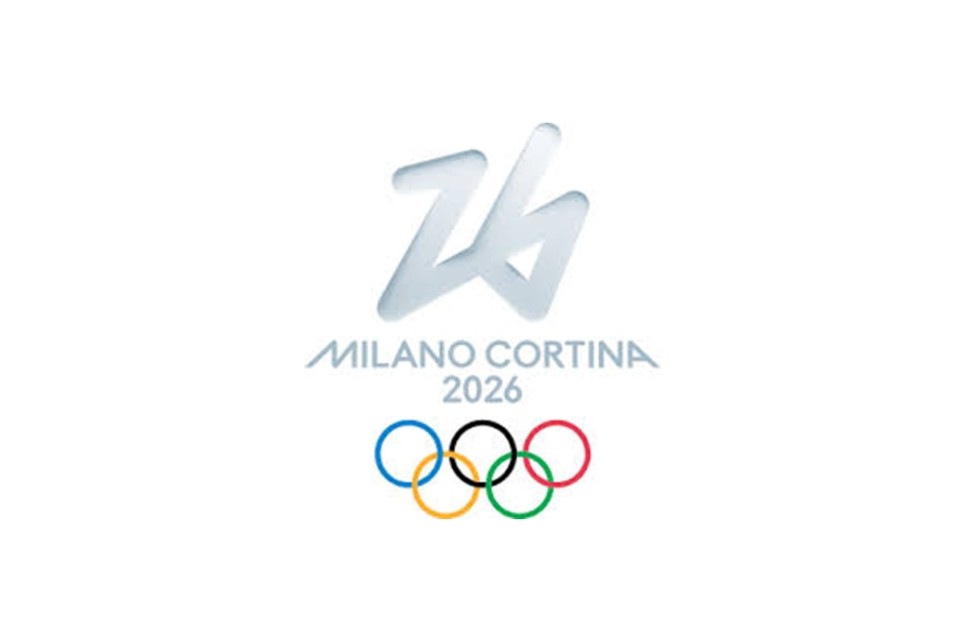Fri, October 17, 2025
‘Period betting’ sparks debate over privacy and misogyny in women’s basketball

Gamblers are now guessing where female basketball players are in their menstrual cycle so that they can predict their athletic performance in a new development known as ‘period betting.’ An example of this includes Instagram influencer FadeMeBets stating the following about Women’s National Basketball Association (WNBA) player Caitlin Clark: “She is on the end of her late luteal phase, meaning a decrease in cardio, decrease in strength, decrease in aerobic system. She’s going to be tired more often than in a normal game.” The late luteal phase is typically the few days just before a women’s period begins.
It is true that different menstrual cycle stages can result in differing athletic ability for female athletes due to hormonal fluctuations that impact physical and psychological performance. For example, University College London (UCL) revealed that women have quicker reaction times during ovulation. However, commenters have argued that placing bets on women based on this information is intrusive and misogynistic, and that it dismisses the fact that women have different experiences when it comes to their periods.
Amy West, a sports medicine physician, told WIRED: “Not every woman is the same. Yes, there's the traditional 28-day cycle, but everyone's is different, and it varies person to person, month by month…
Someone being able to predict that? Someone who's not very close to the menstruating person? It’s actually kind of silly.”
On the podcast Stuff Island, it was mentioned that a gambler utilised injury reports and mentions of soreness to predict menstrual cycle stages. Factors like increased ligament laxity, decreased muscle function, and other symptoms like fatigue and poor coordination which are influenced by the menstrual cycle contribute to increased injury risk.
Arwa Mahdawi, Guardian columnist, raised the fact that during the beginning of this year, technology company Meta was found guilty of violating the California Invasion of Privacy Act by collecting data from a period tracking app without user consent. Mahdawi suggested that this type of information could increasingly be leaked to support bettors.
Conversely, Mahdawi suggested that more men may start to become more knowledgeable on female health and more involved in women’s sport, increasing its resources. However, she largely conceded that period betting is a misogynistic craze and that it is a long shot to argue that positives will come from it. Although, for 25 regular season games, WNBA action on ESPN networks averaged 1.3 million viewers, up 6% year-over-year. The numbers across 24 postseason games were up 5%. The period betting craze may have or possibly will contribute to increasing viewership.
Back in July, at least six WNBA games were disrupted when sex toys were thrown onto the courts due to a cryptocurrency organisation attempting to promote a meme coin named Green Dildo Coin. Commentators raised that this indicated sexualization and dehumanisation of female athletes and a level of mockery and disrespect that wouldn’t have been tolerated in the men’s game. Although arrests were made in relation to this, period betting may indicate a new form of misogyny within women’s sport.



